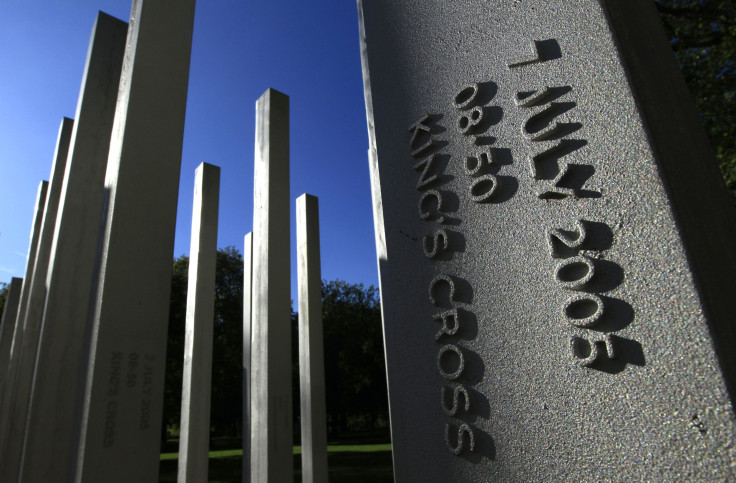UK Police To Investigate Six IRA Terror Suspects Despite 'Comfort Letters'

British police have opened new investigations into six suspected terrorists with ties to the Irish Republican Army, the Telegraph reported Saturday. The six people had all previously gotten “comfort letters” under former Prime Minister Tony Blair that said police were not actively seeking their arrests, but a leaked document indicated prosecution was still possible.
“Whilst prosecutorial challenges may still lie ahead, the obstacles to investigating, arresting and charging suspects appear to have been removed,” Will Kerr, an assistant chief constable in the Police Service of Northern Ireland, wrote in an internal letter Friday.
The comfort letters controversy began years ago when, as part of peace deal with Northern Ireland, Blair authorized Northern Ireland’s secretary of state and attorney general to send out letters of assurance to about 200 IRA suspects on the run. The letters essentially told the fugitives they were no longer wanted in the United Kingdom.
The government no longer endorses the comfort letters, ITV reported. The issue came to a head last year when John Downey, a man accused of killing four and injuring 31 in the 1982 Hyde Park bombing, was set to go on trial. Downey gave the judge his comfort letter, and the judge ruled he could not be prosecuted.
Now, police will take another look at 36 suspects who got similar comfort letters. They’ve also found “six additional individuals whose circumstances have been identified as similar to the Downey case.” The suspects were not named, though the Telegraph reported they were “thought to be behind some of the worst atrocities committed on mainland Britain.” No additional details were available.
“The review of these cases is an ongoing process,” Kerr said in a statement. “This does involve active criminal investigations and it would therefore be inappropriate to comment further at this stage.”
© Copyright IBTimes 2024. All rights reserved.






















